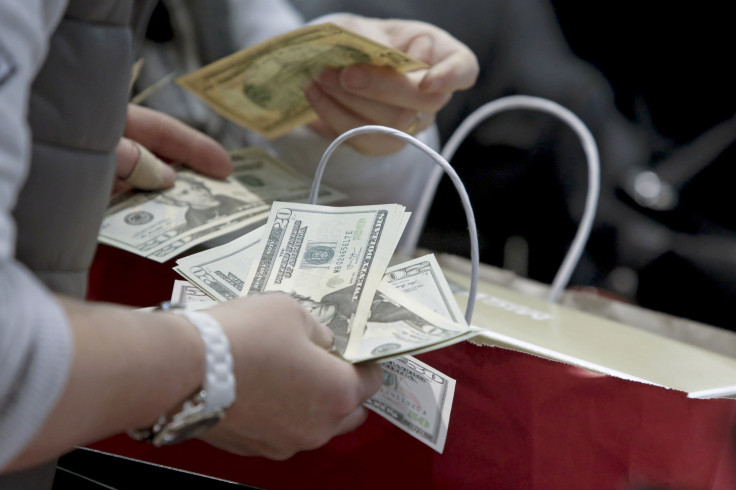Small Business Bank Loans: Declining Interest Could Hurt Economy's Biggest Jobs-Creating Sector

Small businesses in the United States are facing an increasingly limited loan market, and nonbank lenders are filling that gap, providing options that carry interest rates as much as six times what banks usually charge. That environment could mean more and more small businesses will face fiscal uncertainty and be unable to expand their businesses as fast.
That slowed growth could affect the broader economy, keeping businesses from investing in capital projects and hiring more employees.
The amount of cash offered by banks to small businesses in 2014 has dropped 38 percent from the pre-recession peak in 2006, the Wall Street Journal reported. In 2006, $72.5 billion in loans was granted to small businesses. In 2014, that figure was $44.7 billion. At the same time, high-interest nonbank lenders have increased their market share from 10 percent to 26 percent.
Small businesses, defined by the U.S. Small Business Association as operations with 500 employees or fewer, are responsible for creating 64 percent of new private-sector jobs and employ 49.2 percent of the private-sector workforce in the U.S. They are an important part of local economies throughout the United States as they are able to adapt faster to changing economic climates and attract talent.
Nonbank lenders with high interest rates aren’t the only funding providers playing a role in small businesses and ventures. The recent rise of crowdfunded ventures has provided a growing stream of money for entrepreneurial individuals, many of whom could become small business owners. That sector raised $5 billion in 2014, the Wall Street Journal reported, and it has a huge growth rate at the moment of 74 percent.
The reluctance on the part of banks to give small businesses loans is driven at least in part by the fact that larger loans to major corporations are more lucrative. Another growing loan source for small businesses recently has been from credit cards, which have an average interest rate of 12.85 percent -- much higher than the bank loan rate.
American banks owned just $598 billion in small business loans by the end of September, the Wall Street Journal reported, which is a drop from the high of $711 billion in 2008.
© Copyright IBTimes 2024. All rights reserved.












